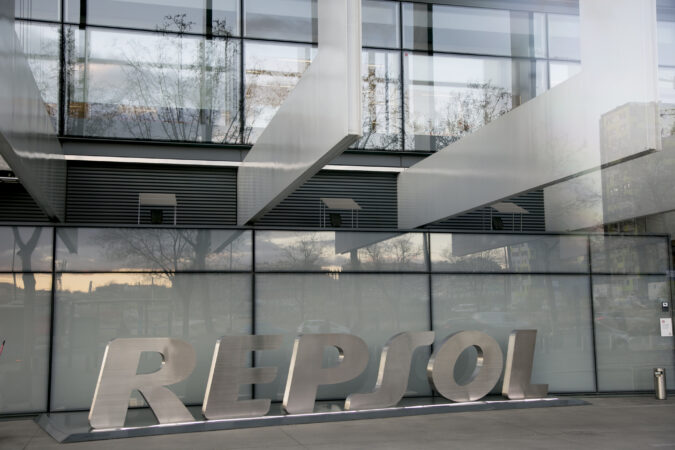Repsol has launched a promotion in Spain that allows the “best of both worlds” to combine two things: First, what interests drivers most, directly affects their pockets, in the form of fuel discounts. The second is to contribute to a more ecological world.
High prices for olive oil, already known as “liquid gold”, have led many companies – especially those in the distribution chain and supermarkets – to opt for discounts on cooking oils, but the Repsol initiative proposes something unprecedented.
What to do with all this used oil that is no longer suitable for cooking? The only positive answer is to recycle them. But this promotion goes further than that. Repsol is offering refueling discounts to anyone who delivers used oil bottles – which are no longer usable – to one of the various approved points.
In this sense, Repsol’s goal is to capture this used oil for use in the manufacture of new, more sustainable fuels. To do this, they offer the consumer the following promotion. For every liter of olive oil delivered, you will receive an accumulated saving of 30 cents.
And promotion, can you come to Portugal?
Contacting Executive Digest, Repsol highlighted that “in Portugal, we have not yet collected the cooking oil used to manufacture renewable fuels at our service stations.”
“However, we are working on the possibility of replicating such actions in Portugal as well,” says a company source.
Repsol has taken a new step in its mission to decarbonize transportation with the start of large-scale production of renewable fuels at its facilities in Cartagena. This plant, the first in the Iberian Peninsula dedicated exclusively to the production of 100% renewable fuel and in which 250 million euros have been invested, has a production capacity of 250 thousand tons per year.
These facilities will produce renewable diesel and sustainable aviation fuel (SAF), avoiding the emission of 900,000 tons of CO2 annually, representing a 90% reduction in net CO2 emissions, compared to the mineral fuels they use. Replacement, due to the lower carbon intensity of renewable fuels.
Renewable fuel, which is produced from organic waste, such as used cooking oil or agro-food waste, and which gives a second life to these materials, is a fast and sustainable solution to decarbonize all sectors of transportation, as it can be used in cars, trucks, buses, ships or aircraft, Using existing refueling infrastructure. This type of fuel has arrived at Repsol service stations in the Iberian Peninsula and is available in more than 140 locations. The goal is to reach 600 by the end of this year and 1,900 in 2027.

“Writer. Analyst. Avid travel maven. Devoted twitter guru. Unapologetic pop culture expert. General zombie enthusiast.”

